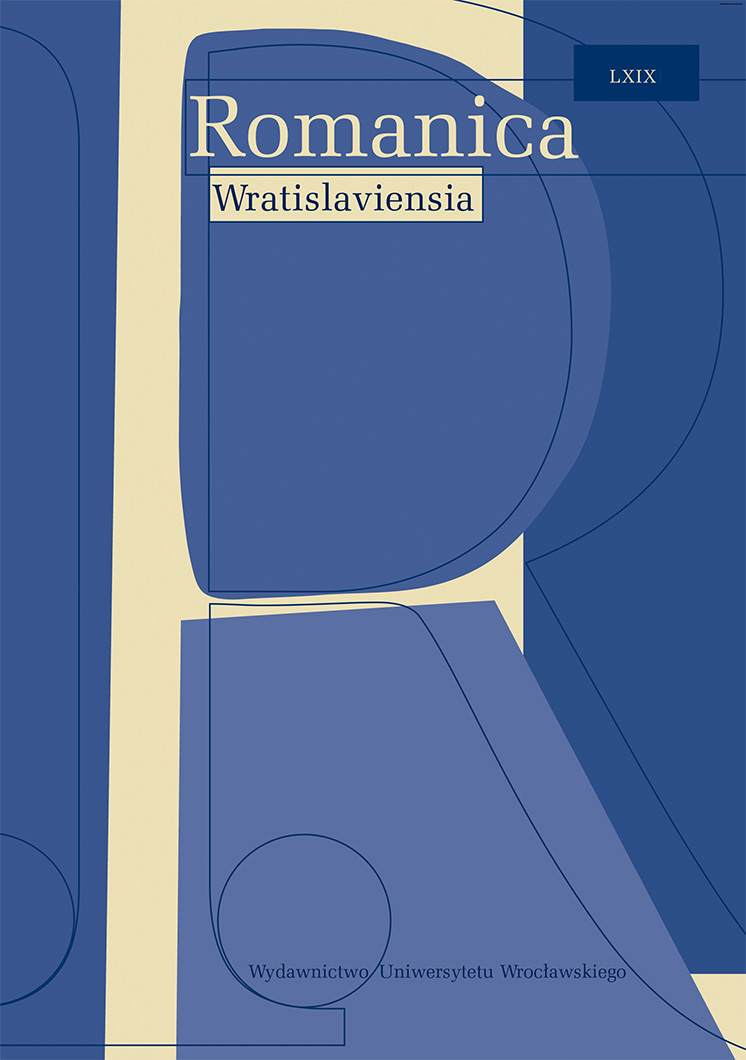

Articles

It is explicitly or implicitly stated in many scholarly works on proper names that the linguistic status of these lexical items is “odd” (étrange). Their odd nature is due to several factors, such as their functional propensity to correlate with a single referent, lack of conceptual meaning, morphological invariability, inability to be clearly differentiated from common names due to a lack of unambiguous and generally accepted criteria, etc. Therefore, the class of proper names looks, both quantitatively and qualitatively, like a very vague conceptual structure. Under the umbrella term of “proper name,” researchers include lexical units that are different in their lexical-semantic and communicative-pragmatic nature, which, in many cases, contradicts the theoretical propositions offered to explain their linguistic and speech features. Thus, quoting Gustave Guillaume, the proposed principles of theories of proper names “do not always face the facts in an antagonistic position.” This is the essence of inconsistencies in the interpretation of the linguistic status of proper names. The present study analyzes the conceptual foundations of several basic, in our opinion, paradoxes that are inherent in the linguistic studies of proper names.